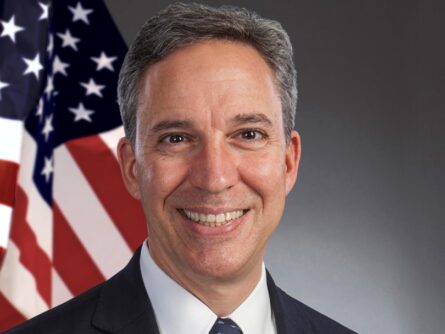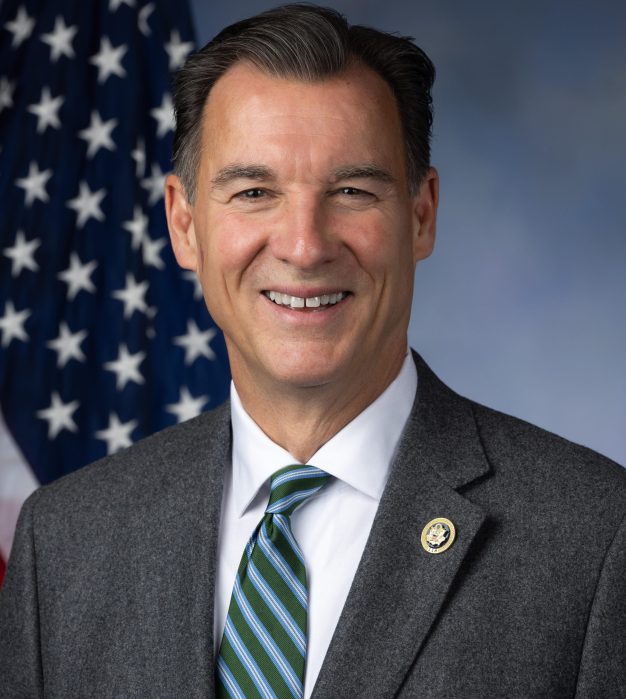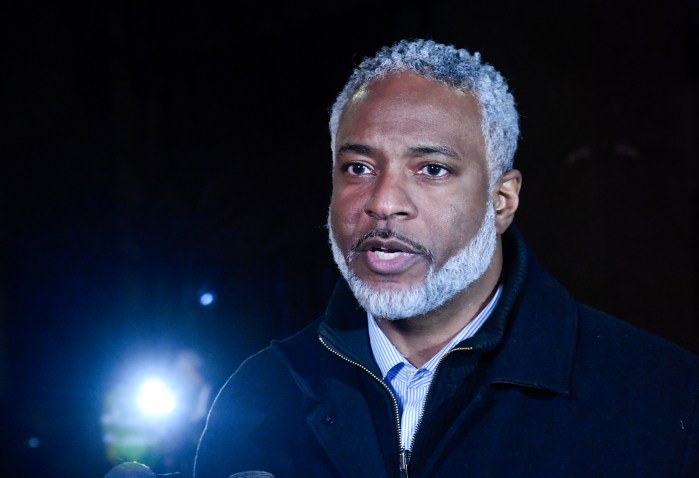It feels like yesterday when I got the call that changed me and my family’s life forever.
My 13-year-old son Andrew, always such a happy, kind-hearted kid, had been struck by a reckless driver just a few blocks from home.
Andrew had been biking with a friend and was returning home and had to cross Hempstead Turnpike in Long Island, where we live. I will never forget my husband sharing how he rushed to the scene and saw it coned off. Andrew was suffering severe trauma and had undergone cardiac arrest. In the end, they weren’t able to save him.
Data from the National Highway Safety Administration found the two Long Island counties are among the deadliest counties for traffic deaths in the state, and we have some of the most aggressive drivers. It doesn’t have to be this way.
It takes a lot of strength for me to tell my story. But I joined with other bereaved families in the group Families for Safe Streets because I feel like I owe it to Andrew to fight for change.
Right now, we are advancing legislation that I believe could have saved his life and could save the life of the next kid like him. The Speed Limiters for Repeat Offenders bill (S4045/A2299-A) will require the state’s most dangerous drivers — repeat speeding offenders whose licenses have been suspended for egregious acts like street racing or who get so many tickets but keep speeding — to have their vehicles fitted with special technology that can help keep innocent victims safe.
When installed in vehicles, Intelligent Speed Assistance—sometimes called ISA or speed limiters—uses GPS technology to automatically limit drivers to the posted speed limit. Similar technical safeguards—ignition interlock devices—are already required in many states to prevent repeat drunk driving by offenders. With these kinds of tools, there is tremendous potential to proactively save lives and prevent injuries, targeting the most risky drivers.
While this bill would only apply to a small percentage of drivers overall, studies done elsewhere indicate that “super speeders” are involved in a hugely disproportionate number of serious crashes, so the safety benefits for everyone would be significant.
Moreover, the bill still allows people to drive; it just ensures that they will do so safely. Given that 75 percent of drivers with a suspended license still drive, it’s critical that our law enforcement community has more tools to address these dangerous drivers.
Many other states have imposed or are considering ISA legislation similar to the bill being put forth in New York state, including Washington D.C., Maryland, Virginia, Arizona, Georgia and Washington state. Last month, Virginia became the first state in the nation to pass the bill. Georgia is close behind as on Friday, the state legislature passed the bill and it is now awaiting signature from the governor.
I think even in these polarized times, we can all agree that we should not be losing our children because of somebody’s ignorance and not doing the right thing behind the wheel.
Unfortunately, this is a problem that has gotten worse since the pandemic. Every single day, three people like Andrew are killed in preventable traffic crashes and hundreds more are seriously injured. In addition to the horrific human toll, this crisis costs New York State over $15 billion annually.
Andrew would have turned 19 earlier this year. There’s not a day or a second that goes by that I’m not thinking of Andrew. Family celebrations are never the same.
Sometimes, in Long Island and in New York, we struggle with change. People should be able to walk across the street, bike across the street, and be safe in their community.
When I think about Andrew, I think: “How do I stop?” I’ve got to keep going.
Diana Alati
Bethpage
































